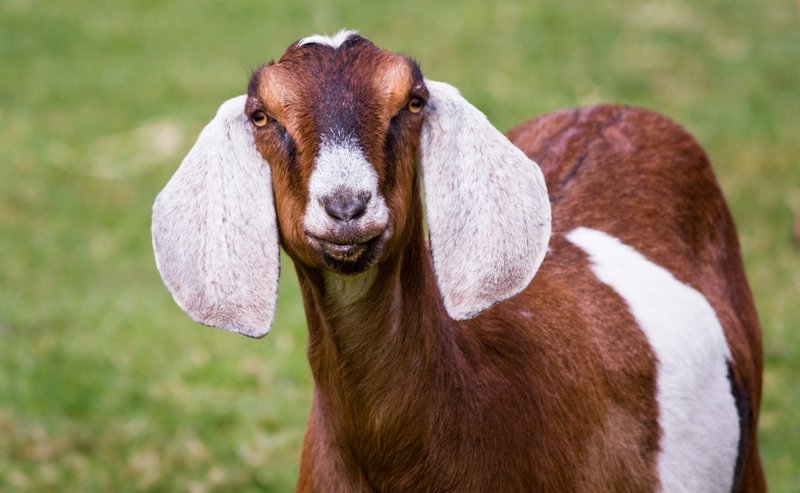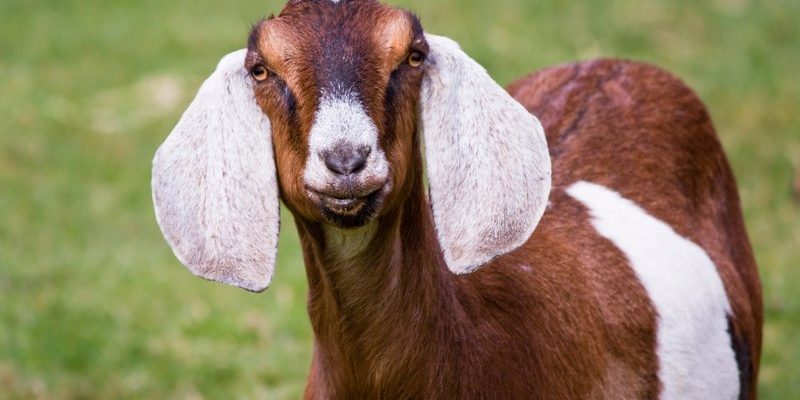
Nubian goats are known for their striking appearance and excellent milk production. They’ve captured the hearts of farmers worldwide, not just for their beauty but also for their adaptability and versatility. If you’re curious about what makes these goats so special, let’s dive deeper into their history, traits, and primary uses.
A Brief History of Nubian Goats
The journey of the Nubian goat begins in the heart of Africa, specifically in the regions of Nubia, which is now part of modern-day Sudan and Egypt. This breed has ancient roots, having been domesticated thousands of years ago. Think of them as the rock stars of goats! They’ve been prized for their hardiness, adaptability, and unique characteristics that have stood the test of time.
Over the years, Nubian goats made their way to different parts of the world. They were brought to the United States in the early 1900s, where they quickly gained popularity among farmers and goat enthusiasts alike. The blending of different goat breeds created the diverse and vibrant Nubian we see today. Honestly, it’s fascinating to think about how these goats have traveled and evolved, becoming a favorite for many.
What sets Nubians apart from other goat breeds is their incredible milk production. Their milk is rich in butterfat, making it ideal for cheese and other dairy products. As they became more common on farms, farmers recognized their value not just as livestock but as companions and sources of food.
Physical Characteristics of Nubian Goats
You might be wondering what exactly makes a Nubian goat stand out visually. Well, let’s break it down! Nubians are medium to large-sized goats with some truly distinctive features. They have long, floppy ears that hang down, giving them a cute, laid-back appearance. Their expressive eyes can be a variety of colors, ranging from brown to blue, adding to their charm.
Another defining trait is their short, sleek coat, which comes in a variety of colors and patterns. You might spot them in shades like black, brown, or even a mix of colors with unique spots. This diversity not only makes them visually appealing but also adds character to any farm.
Their strong, muscular build emphasizes their ability to thrive in various environments. Whether they graze on lush pastures or adapt to dry climates, Nubian goats are particularly resilient. They can handle both hot and cold weather, which is a significant advantage for farmers. Plus, their friendly and calm demeanor makes them great companions and easy to handle.
Personality Traits of Nubian Goats
Nubian goats aren’t just pretty faces; they also have personalities that can win you over in no time. They are known to be friendly, social, and quite curious. Picture this: you step into the goat pen, and instead of running away, these little guys trot up to you, eager for attention. That’s the Nubian spirit!
Their playful nature means they enjoy interacting not only with humans but also with other animals. They tend to form strong bonds with their herd mates and can often be seen playing, butting heads, or simply lounging around together. It’s heartwarming to watch them engage in their little goat games!
However, it’s important to remember that while they’re sociable creatures, they also appreciate a structured environment. Like any pet, they thrive on routine and need mental stimulation to keep them happy. Consider providing toys or opportunities to explore—they’ll thank you with their affectionate antics!
Uses of Nubian Goats
Now let’s talk about why these goats are so widely adored on farms and homesteads. One of the primary uses of Nubian goats is their milk. As mentioned earlier, their milk is high in butterfat, making it perfect for cheese, butter, and yogurt. Many dairy farmers appreciate their milk production, which can be significantly higher compared to other breeds.
In addition to milk, Nubians are also raised for meat. Their well-developed muscles contribute to high-quality meat that is both flavorful and sought after on the market. If you’re looking for a dual-purpose animal, Nubians won’t disappoint!
Another fascinating use for Nubians is their role as effective land managers. They are excellent grazers and can help clear brush and control weeds on your property. By allowing them to roam, you can keep your land looking tidy and healthy while providing your goats with a fulfilling day of grazing. It’s a win-win situation for both the goats and your landscape!
Caring for Nubian Goats
If you’re thinking about getting Nubian goats, you might be curious about how to take care of them. Here’s the thing: they’re relatively easy to manage, but like any animal, they do have specific needs. First, providing a clean and spacious environment is essential. Goats need plenty of room to roam, explore, and socialize.
Nubians also require a balanced diet. Their primary diet should consist of high-quality hay, grass, and supplemental grain to ensure they get all the nutrients they need. Don’t forget about fresh water—it’s vital for their health, especially during those hot summer days when they’ll be more active.
Regular health check-ups are crucial for keeping your Nubians in tip-top shape. You’ll want to have a vet who understands goat health, ensuring they receive vaccinations and deworming as needed. Keeping an eye on their hooves is also important, as trimming them regularly will help prevent issues down the road.
In summary, Nubian goats are more than just adorable creatures; they’re a blend of history, personality, and versatility. From their rich origins in Nubia to their thriving presence on farms today, they’ve proven to be valuable companions and productive animals. Whether you’re interested in their milk, meat, or simply the joy they bring, you can’t go wrong with a Nubian goat.
If you’re considering adding these delightful goats to your family or farm, remember to provide them with the care and love they deserve. They’ll reward you with companionship, laughter, and plenty of milk for your favorite cheese recipes. So, what do you say? Ready to dive into the world of Nubian goats? Let the adventures begin!

